|
Unraveling the unintended “harms” of FGM policies and legislation: What these forward thinking, multi-disciplinary, global scholars are saying and doing about it…. By Fuambai Sia Nyoko Ahmadu, PhD I started this blog on March 19, 2024, the day after Gambia's historic decision to repeal the Female Circumcision Prohibition in the Women's Act of 2010. As usual, I got distracted in this excitement and it wasn't until two weeks later, after someone forwarded me a link to an open rant - sorry, I mean letter - authored by a strident white feminist FGM scholar and activist, Hillary Burrage, that I remembered I needed to get back to finishing this piece! In her appeal for signatories to her petition, Burrage launched into a lengthy diatribe of insults aimed against Gambian President Adama Barrow and members of the predominantly male National Assembly for its nearly unanimous vote to get rid of anti female circumcision legislation. Burrage did not hold back her rage and invectives, using antiquated, unapologetically orientalist language to berate, demean and shame the President and democratically elected representatives of the people of The Gambia. Her perturbing “choice words” and condescending tone echoed the caricaturizing of Africa, and dehumanization of African men and women, prevalent throughout Fran Hosken’s openly racist treastise, The Hosken Report, published in the late 1970s. Burrage’s fury and indignation clearly captures the exasperation (and desperation) of many white, feminist FGM activists at the looming global demise of what was supposed to be their greatest achievement – the liberation of sexually oppressed and ignorant African and Muslim women. Well, there’s also the small matter that over the past 50 years this “white woman’s burden” to “eradicate FGM” has commanded millions if not billions of dollars in charitable aid from western donor countries and private philanthropists. Indeed, one can understand the panic - FGM campaigning had become a booming victimhood industry! I was baffled (and still am) that even the most ardent, postcolonial, intersectional, black feminists seemed to gladly step back and permit the criminalization of our African mothers and grandmothers and the erasure of circumcised women's very existence. I am less surprised by the numbers of educated African women professionals within the UN and NGO sectors who so eagerly joined what some critics have dubbed "the FGM noisemakers" given the lure of financial rewards and recognition from western governments. Burrage may have unleashed her wrath in an unrestrained tirade that revealed her deep seated white privilege, but in Africa we’re contending with the frenzied panic of local FGM activists engaging in the most extreme shenanigans to fabricate FGM crimes and recapture those sensational headlines that had worked so well to channel some fraction of global funding to them over the past fifty years! 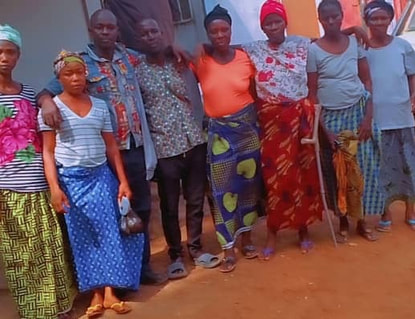 These eight villagers were recently released on bail in Kambia District, Sierra Leone, after reportedly being falsely accused by FGM activists of perpetrating "FGM deaths" of underage girls. Critics allege that the story (and bodies of two teenage girls), which was famously featured on CNN, was staged for a joint UNFPA/Ministry of Gender sponsored International Zero-Tolerance Day meeting in Freetown on February 6, 2024. The alleged aim was to pressure the Government to implement an FGM Ban and release millions of dollars of UN and other donor funding. After an effective counter-campaign, the CNN journalists withdrew the story from their web pages and local and international media coverage of the preliminary investigation has been virtually non-existent. I bring up Burrage’s open petition to contrast its tone deafness with the work of far more serious and thoughtful scholars around the world who have abandoned long ago the dubious terminology of “mutilation” and have moved forward in their research and thinking about the need to harmonize global policies regarding ALL “non-medical” genital operations worldwide. Last year, I participated in several academic workshops, conferences and panels across three continents - Europe, North America and Africa - along with dozens of other superb researchers from multiple, intersecting disciplines, to discuss our various research on themes that converge on the “harms” of FGM campaigns, policies and criminal legislation as well as the burgeoning of other “non-medical” genital alterations of children and adults around the world. I was honored to take part in two fantastic workshops – one at a retreat in Höör, Sweden (which had been postponed for several years because of the Covid crisis), and the other in Toronto, Canada, which ran concurrently with the annual American Anthropological Association meeting also in Toronto. A third event, was a remote panel presentation at the inaugural African Humanities Association conference in South Africa. Additionally, I was invited to contribute to several edited volumes on current trends and problems in global FGM policies. The Höör Workshop was titled “The Harms of the Current Global Anti-FGM Discourse”. Over 28 academics from different disciplines – including law, medicine, anthropology, women’s studies, criminology, human development – from Europe, Australia, U.S. and Africa came together to discuss our latest research and collaborate on future projects. The clear consensus was that the current global policy, particularly criminalization, was causing greater harm than its stated intention of protecting women and girls. All participants were in agreement that the terminology FGM was particularly problematic and the singling out of African women and girls for condemnation and stigmatization was unfair. Participants also noted that the world has changed since the launch of FGM policies, and that other “non-therapeutic” gender alterations – i.e. male circumcision, intersex surgery, female genital cosmetic surgeries, and transgender surgeries - are legal in most if not all countries . Our group effort from this workshop is still ongoing, specifically an update of a previous article most of us had collaborated on, "Seven Things to Know about Female Genital Surgeries in Africa", published in 2012 in the Hastings Center Report. The second workshop, held in Toronto, was titled, “Changing cultural norms and socio-legal frameworks surrounding the sexed body: a collaborative workshop on perceived bodily imperfection, enhancement, mutilation, beautification, repair, and obligatory binarism in global perspective.” This workshop was made up of a diverse group of thirty plus scholars, many of whom were also part of the Sweden collaboration. There were more representatives from researchers from Africa, specifically Kenya. At this meeting, my presentation was on the sowies of Bondo and the work I have engaged in on the ground since 2016 when I founded Sierra Leone Women are Free to Choose, launched the Madam Yoko Festival and organized the first country wide Bondo Convention. My focus for this talk was to emphasize that Bondo and Sande are the world’s only existing militant matriarchal sodalities. I cautioned specifically that anti-FGM activists ought to be aware, especially when dealing with Sierra Leone, that Bondo is unlike any other grassroots women’s organization in Africa or anywhere else in the world and its female leaders possess the ancestral right to defend its existence. The following week, I presented on a panel of Africanist scholars at the first annual African Humanities Association meeting. This panel was entitled: Interrogating the Criminalisation of FC/GM. I was able to participate virtually and co-presented with Melbourne University criminologist, Professor Juliet Rogers. My own presentation was a critique of the FGM Act in Kenya, which criminalizes so-called FGM among native Kenyan women but exempts sexual reassignment surgeries, a western practice of extreme genital alterations that is virtually unheard of by most Kenyans. This series of workshops and meetings was, for me, an important leap back into academia, research and writing, after being away for so long working on grassroots activism and local efforts to “modernize” Bondo and Sande sodalities. These meetings with reasonable, even-tempered, emotionally-restrained intellectuals give me some encouragement. So, when I see the usual FGM invectives being regurgitated by women like Burrage, a part of me understands that it’s simply not worth it to be concerned about the continued stereotyping of circumcised African and Muslim women. The amazing scholars I have been collaborating with over several decades are way ahead of the current turmoil and hysterics of a doomed FGM industry, or to borrow one blogger's expression "the cashing in on moral panic for profit"! What will come to an end in 2030 is not FGM, but FGM campaigns, as affected African and Muslim women continue to reject FGM terminology and reclaim our equal rights to both bodily and parental autonomy in upholding gender inclusive circumcision.
0 Comments
Your comment will be posted after it is approved.
Leave a Reply. |
Archives
March 2024
Categories
All
|
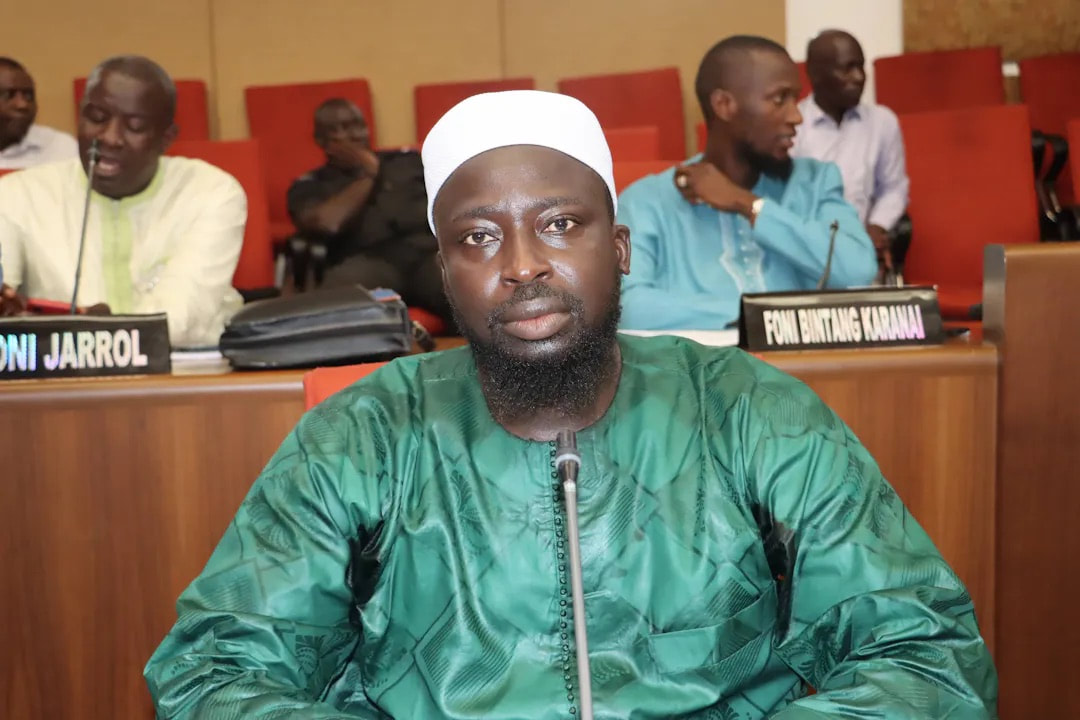
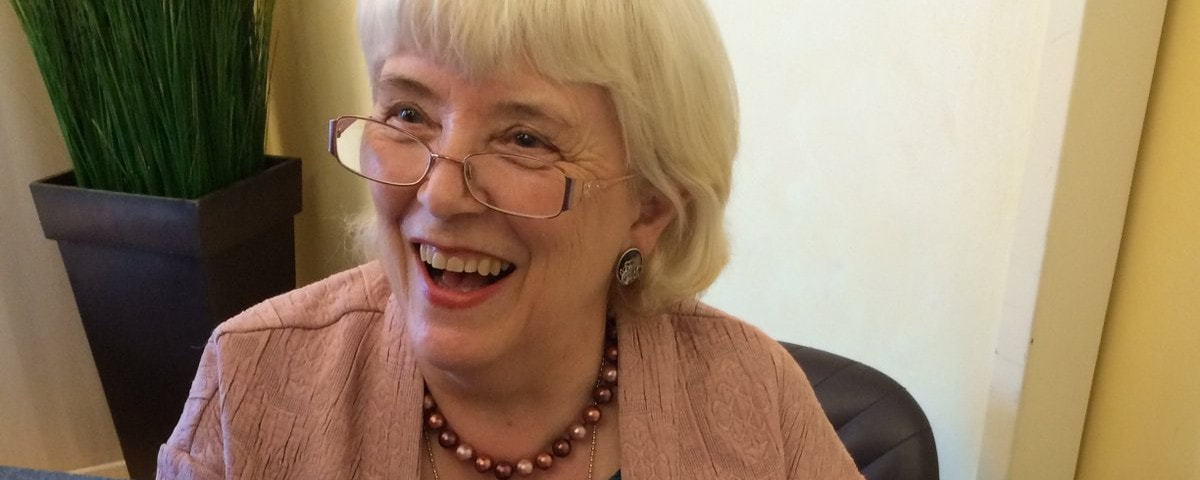
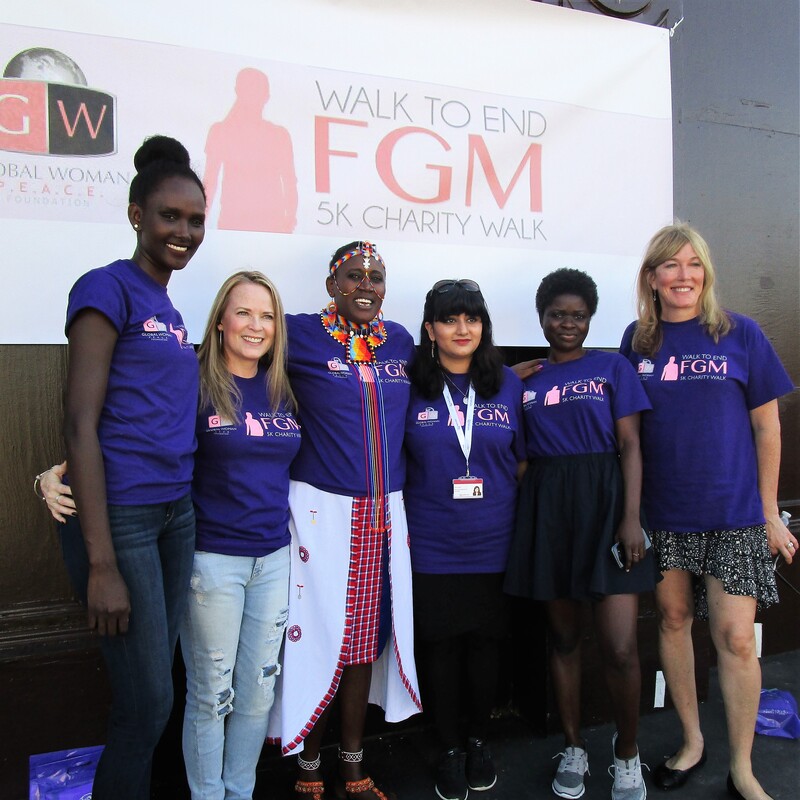
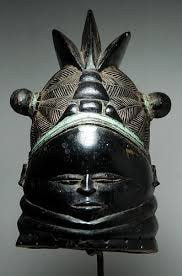
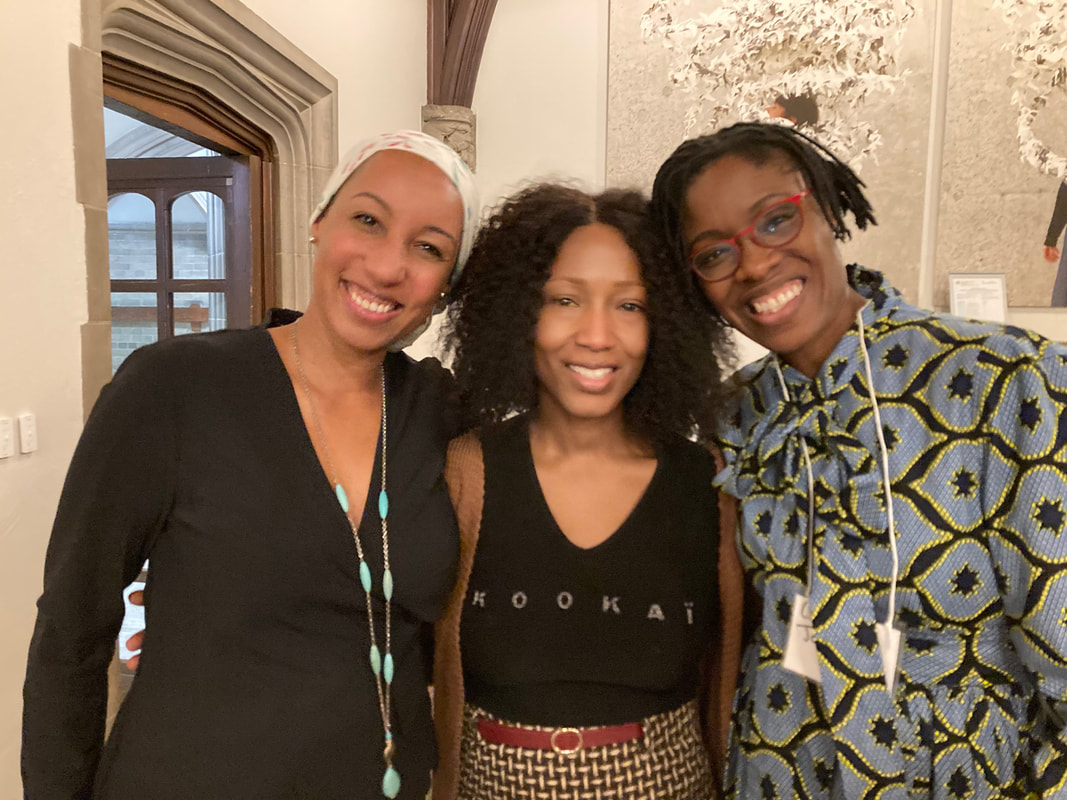
 RSS Feed
RSS Feed